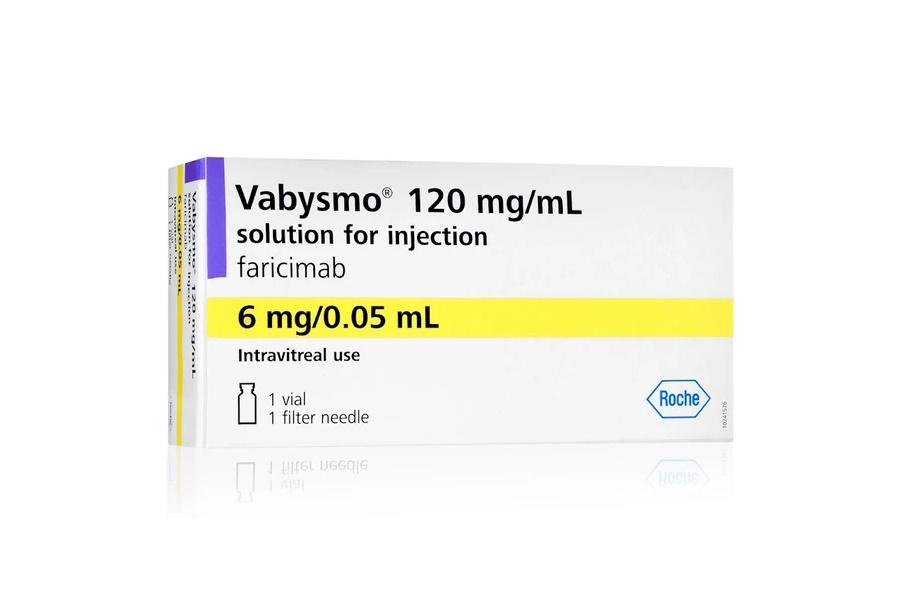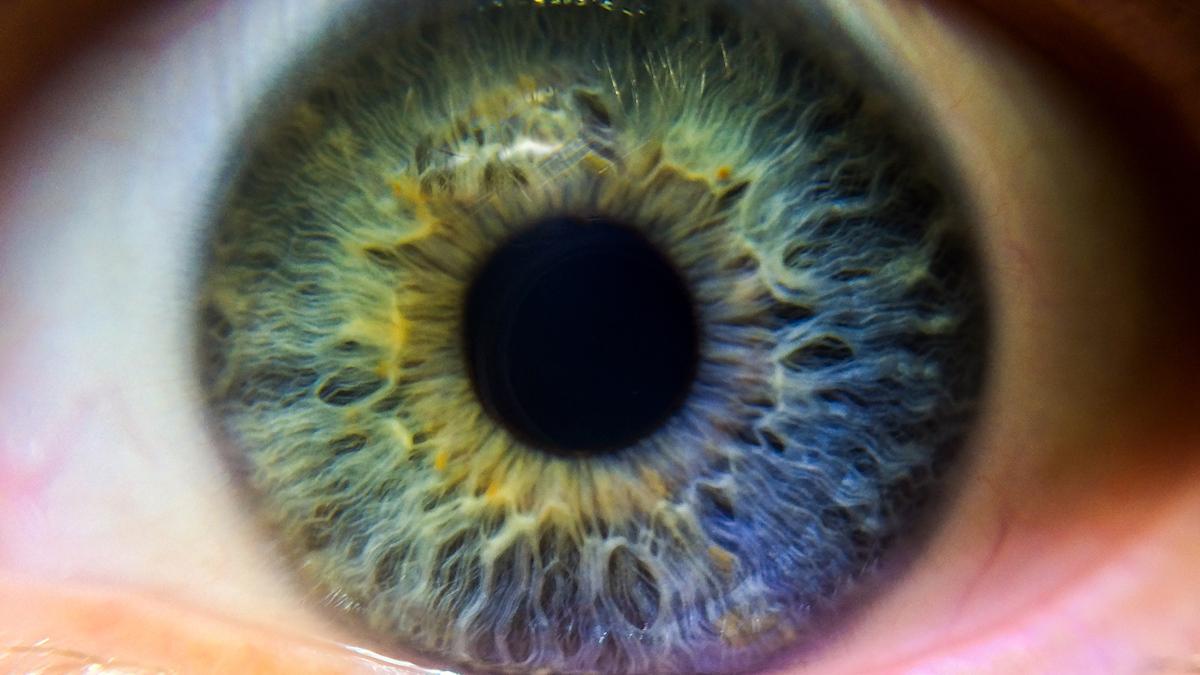FDA kicks off review of Roche’s Vabysmo in RVO

Roche could be just months away from a third indication for its eye drug Vabysmo that could accelerate its already fast growth in the US.
The FDA has started its review of the VEGF and Ang2-targeting bispecific antibody for retinal vein occlusion (RVO), a significant cause of visual impairment and loss, mainly in people aged over 65, with an estimated 17 million cases worldwide.
Roche has said that it estimates that the RVO patient population represents about 15% of the $15 billion retinal disease market.
The review of Vabysmo (faricimab) is based on a pair of phase 3 studies – BALATON and COMINO – which showed that the drug was at least as effective as Bayer and Regeneron’s market-leading Eylea (aflibercept) in achieving gains in visual acuity in RVO patients.
Moreover, Roche’s drug was also found to be comparable to Eylea on drying of retinal fluid from baseline, and superior to the comparator drug in preventing blood vessel leakage in the retina.
The data from the BALATON and COMINO studies will be submitted to other health authorities around the world, including the EMA in Europe, said Roche.
Vabysmo is already approved to treat neovascular or ‘wet’ age-related macular degeneration (nAMD), as well as diabetic macular oedema (DME), and has quickly become Roche’s top growth product since being greenlit by the FDA at the start of last year.
Sales came in at CHF 591 million ($662 million) in 2022 as a whole, but reached CHF 432 million in the first quarter of 2023, well ahead of analyst estimates and setting Vabysmo on course for blockbuster status in its second year on the market. Chief executive Thomas Schinecker said Vabysmo is “one of the best launches in the history of Roche”.
Eylea made sales of $1.4 billion in the US alone in the first three months of this year, but has shown signs of weakness with a 6% decline compared to the same period of 2022, in part due to declining market share. Ex-US sales recorded by Bayer rose 4% to almost $850 million.
Part of Vabysmo’s success has been attributed to its favourable dosing frequency, given that therapies for these conditions involve injections into the eye. Vabysmo is given once every 16 weeks, while Eylea at the moment requires injections every four to eight weeks.
That said, Bayer and Regeneron have already filed for approval of a new high-strength formulation of Eylea that can also be given at 16-week intervals, using a priority review voucher to cut the FDA review time so that a decision is due in July.
Analysts have suggested that physician and patient familiarity with Eylea could lead to rapid take-up of the new version, cutting into Vabysmo’s growth. Regeneron said in its first-quarter results update that it expects patients on Eylea to transition to the 16-week formulation if approved, quickly taking the lion’s share of revenues over the current lower-dose product.













